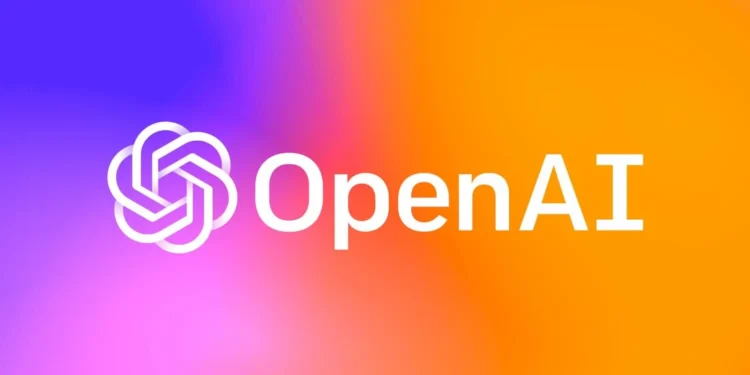In my decades being technology enthauist, I’ve seen countless acquisitions. Some fade into obscurity, while others fundamentally change how we interact with technology. OpenAI’s reported $3 billion offer for AI coding assistant Windsurf has all the markings of the latter.
What’s Actually Happening Here
OpenAI, the company behind ChatGPT, is in advanced negotiations to acquire Windsurf (formerly known as Codeium) for approximately $3 billion, according to multiple sources with knowledge of the discussions. If completed, this would represent OpenAI’s largest acquisition to date and a significant consolidation in the rapidly evolving AI development tools market.
For those unfamiliar with Windsurf, it’s become one of the most sophisticated AI coding assistants available today. Unlike earlier code completion tools that simply suggested the next few characters, Windsurf can generate entire functions and components based on natural language descriptions. Many developers I’ve spoken with have reported productivity increases of 30-40% when using the platform regularly.
Why This Matters
The coding assistance space has become fiercely competitive. Microsoft-backed GitHub offers Copilot, Amazon has CodeWhisperer, and Google recently expanded its AI coding capabilities in Android Studio. What makes OpenAI’s move particularly interesting is how Windsurf’s technology could be integrated into its existing products.
OpenAI already offers coding capabilities through its ChatGPT and API services, powered by its GPT-4 model. But Windsurf brings specialized expertise in understanding code contexts, repository structures, and development workflows that could significantly enhance OpenAI’s offerings.
For everyday users, this acquisition could eventually lead to more intuitive tools for automating routine tasks. Imagine describing a spreadsheet formula in plain English and having it automatically generated, or explaining how you want your website to look and having the HTML and CSS created instantly.
The Competitive Landscape
This potential acquisition doesn’t happen in isolation. Just last month, Google acquired SynthCode for $800 million, while Amazon has been aggressively expanding its AI development offerings through AWS. Microsoft’s $10 billion investment in OpenAI already gives it preferred access to the company’s technology.
What we’re witnessing is a race to control the future of software development. The companies that provide the most powerful, efficient AI coding tools will have significant influence over how applications are built, who can build them, and what they can do.
What It Means For Developers
Windsurf currently offers both free and premium tiers, with many independent developers relying on its accessible pricing. When I reached out to OpenAI about the potential acquisition, they declined to comment on “rumors or speculation,” which is standard in these situations. However, the company’s history suggests several possible outcomes:
- Integration with existing OpenAI products, making Windsurf’s capabilities available through ChatGPT and the OpenAI API
- Enhanced capabilities through combining Windsurf’s specialized coding knowledge with OpenAI’s broader language models
- Potential pricing changes that could make the technology more expensive for independent developers
Some developers I’ve spoken with have expressed concern that OpenAI might eventually integrate Windsurf’s technology exclusively into paid tiers of its products, potentially limiting access for hobbyists and smaller teams.
Bottom Line
The potential OpenAI-Windsurf deal represents a significant moment in the evolution of AI development tools. If completed, it will accelerate the already rapid pace of AI coding assistance advancement and further consolidate expertise within one of the industry’s dominant players.
For everyday users, the long-term impact could be more intuitive, powerful software that better understands what we’re trying to accomplish. For developers, it means adapting to a world where human-AI collaboration becomes the standard approach to building applications.
As with any major technology shift, there will be both opportunities and challenges. The companies that successfully navigate this transition—and the tools they create—will shape how we interact with technology for years to come.
What remains to be seen is whether the final acquisition price and terms will match the reported $3 billion figure, and how OpenAI plans to leverage Windsurf’s technology. I’ll be watching this story closely and will provide updates as it develops.













